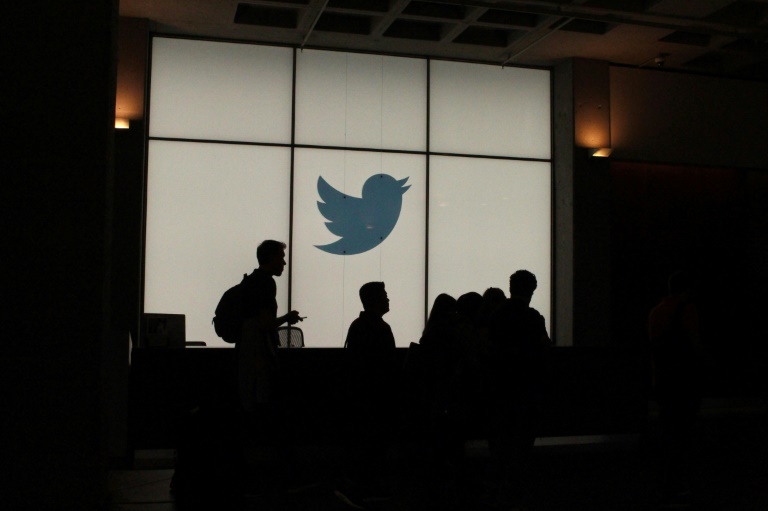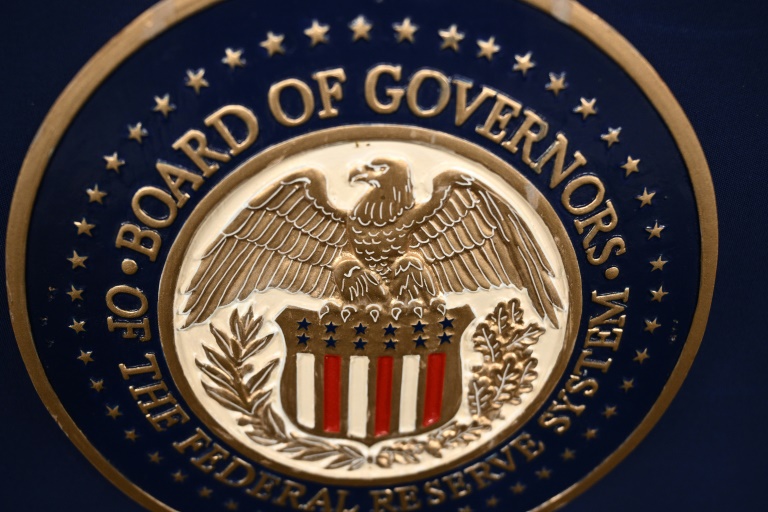The aftermath of Elon Musk‘s Twitter takeover has been far from smooth, with concerns over misinformation and hate speech. Twitter has laid off staff and both advertisers and users leaving the site.
The search for a Twitter alternative has led users to Mastodon, an open-source social media platform. Launched in 2016 by software developer Eugen Rochko, Mastodon touts itself as “a viable alternative to Twitter.”
It first gained attention this April when news of Musk’s Twitter deal was in the initial stages. Mastodon says it now has over 1 million users, with nearly half joining since Oct. 27.
The Germany-based platform looks like Twitter. Users can write posts, called “toots,” which can be replied to, liked and re-shared, and they can follow each other. However, it works quite differently.
While Twitter is a centralized platform, Mastodon by contrast, is decentralized. As an open-source site, its source code is publicly available, which means anyone can host a community on the platform by hosting a server. All the servers combined ultimately make up the platform, but they are owned by different people and organizations.
Both Twitter and Mastodon have faced recent content moderation scrutiny for varying reasons. Musk has reportedly laid off a large chunk of Twitter’s content moderation team in a bid to cut costs following pressures from the deal, days before the midterm elections.
Meanwhile, as Mastodon exists via a web of servers, different servers may have different moderation policies—or sometimes, none. This can mean some servers may be full of bots or have a proliferation of hateful content. Right-wing social platforms Gab and Truth Social utilized Mastodon’s code, to which the company objected.
“We are opposed to Gab’s philosophy, which uses the pretense of free speech absolutism as an excuse to platform racist and otherwise dehumanizing content,” Mastodon said in a statement.
Following his Twitter purchase, Musk said he would fight for free speech and prevent the site from becoming a “hellscape.” However, he has since shared conspiracy theories and urged followers to vote for Republicans in the midterms.
Meanwhile, for Mastodon, the expanding user base has not come without problems. Users have reported trouble signing up, or had issues posting and sharing content amid the increasing traffic.
Mastodon had to purchase more powerful hardware to upgrade its database server, Rochko said in a recent note.







